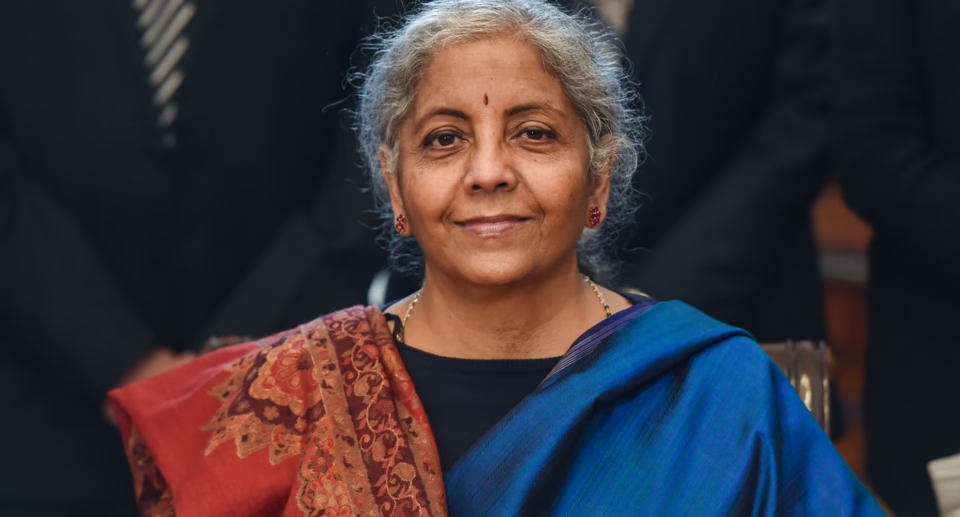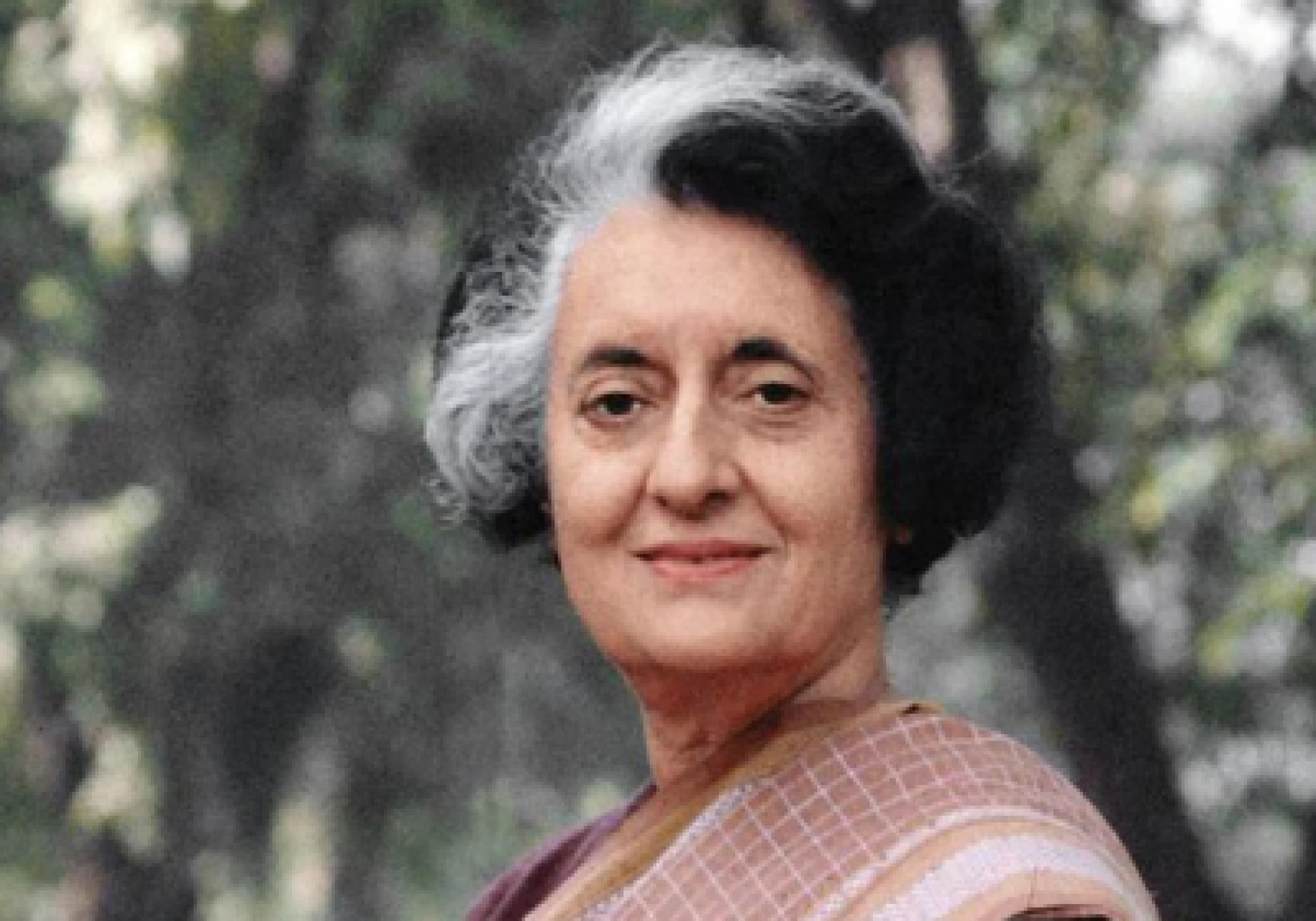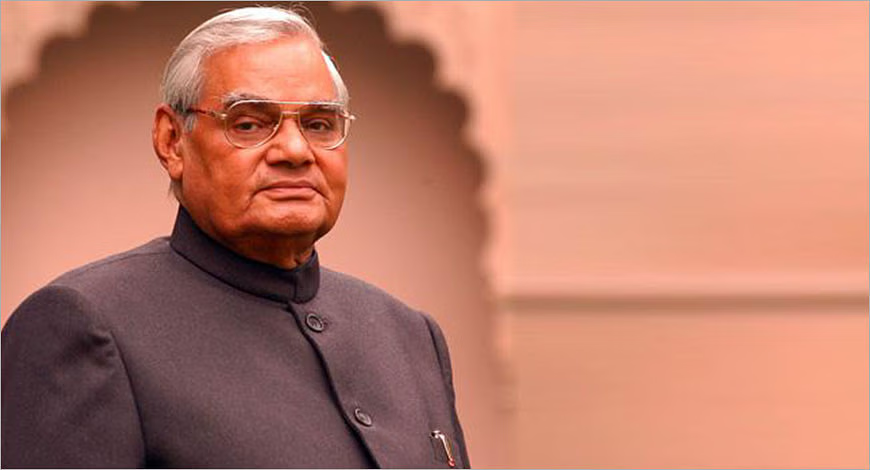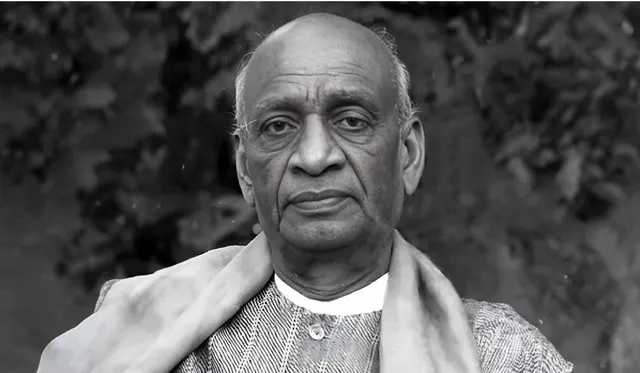Biography of Nitish Kumar: Life, Political Journey, Achievements, and Legacy
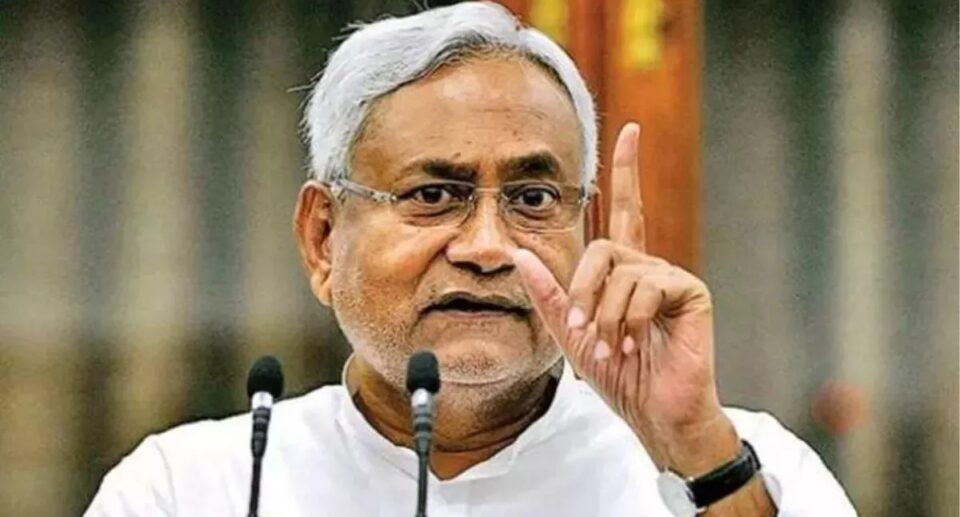
Introduction
Nitish Kumar, popularly known as “Sushasan Babu” (the man of good governance), is one of the most influential political leaders in India and the long-serving Chief Minister of Bihar. Known for his administrative skills, development-focused governance, and political adaptability, Nitish Kumar has played a defining role in Bihar’s modern transformation. His biography tells the story of a technocrat-turned-politician who rose from humble beginnings to become a key figure in Indian politics.
Personal Information
- Full Name: Nitish Kumar
- Date of Birth: 1 March 1951
- Birthplace: Bakhtiarpur, Bihar, India
- Nationality: Indian
- Zodiac Sign: Pisces
Physical Appearance
- Height: 5 feet 8 inches (173 cm)
- Weight: Approx. 72 kg
- Hair Color: Grey
- Eye Color: Black
- Build: Average
Early Life and Childhood
Birth and Family Background
Nitish Kumar was born on March 1, 1951, in Bakhtiarpur, Bihar, into a Kurmi agricultural family. His father, Kaviraj Ram Lakhan Singh, was a freedom fighter and Ayurvedic practitioner, while his mother, Parmeshwari Devi, was a homemaker.
Education
He completed his B.Sc. in Mechanical Engineering from Bihar College of Engineering, Patna (now NIT Patna) in 1972. Initially, Nitish worked briefly with Bihar State Electricity Board before entering politics, motivated by the JP Movement (1974).
Entry into Politics
Inspired by Jayaprakash Narayan’s call for total revolution, Nitish Kumar entered politics during the 1970s. He became actively involved in student and socialist movements.
He later associated with leaders like George Fernandes and Lalu Prasad Yadav, becoming part of the socialist political landscape of Bihar.
Early Political Career
- 1985: Elected as MLA from Harnaut constituency.
- 1989: Elected to the Lok Sabha for the first time from Barh constituency.
- Held various portfolios in central governments including Minister of Railways, Surface Transport, and Agriculture.
As Railway Minister (1998–1999, 2001–2004), he introduced reforms such as:
- Internet-based railway ticket booking.
- Tatkal scheme for emergency travel.
- Focus on passenger safety.
Chief Minister of Bihar
First Brief Term (2000)
Nitish Kumar briefly became CM in 2000, but resigned within seven days as he failed to secure a majority.
Second Term (2005–2010)
In 2005, Nitish returned as CM, bringing a dramatic change in Bihar’s governance. He focused on:
- Improving law and order.
- Expanding roads and electricity.
- Promoting education, especially for girls.
Third Term (2010–2014)
He won re-election in 2010 with a massive mandate. Major achievements included:
- Bicycle scheme for schoolgirls (Mukhyamantri Balika Cycle Yojana).
- Employment opportunities through skill development programs.
- Strengthening Panchayati Raj institutions.
Fourth & Fifth Terms (2015–2020)
In 2015, Nitish allied with Lalu Prasad Yadav’s RJD to form the Mahagathbandhan (Grand Alliance), defeating BJP. Later, in 2017, he broke ties with RJD and returned to BJP-led NDA.
Sixth Term (2020–Present)
Despite BJP’s rise in Bihar, Nitish continues as CM. His governance now emphasizes:
- Health and COVID-19 management.
- Women’s empowerment programs.
- Digital initiatives for governance.
Major Achievements
- Transformed Bihar’s image from a lawless state to a governance model.
- Launched Bicycle Scheme and Scholarships for girls, boosting female literacy.
- Improved infrastructure — roads, electricity, and rural development.
- Strengthened healthcare and education systems.
- Earned the title “Sushasan Babu” for effective governance.
Personality and Leadership Style
Nitish Kumar is known for his simplicity, humility, and discipline. He avoids flashy lifestyles and is admired for his pragmatic and people-friendly governance. His political adaptability has helped him maintain power despite shifting alliances.
Challenges and Criticism
- Criticized for frequent political realignments (between NDA and Mahagathbandhan).
- Struggled with issues of unemployment and migration in Bihar.
- Faced backlash during the liquor prohibition policy, which had mixed results.
Legacy and Impact
The Biography of Nitish Kumar reflects the journey of a reformer and survivor in Indian politics. His focus on women’s empowerment, education, infrastructure, and governance reforms has redefined Bihar’s political landscape.
His legacy will be remembered as a leader who gave Bihar stability, better governance, and hope for development.

